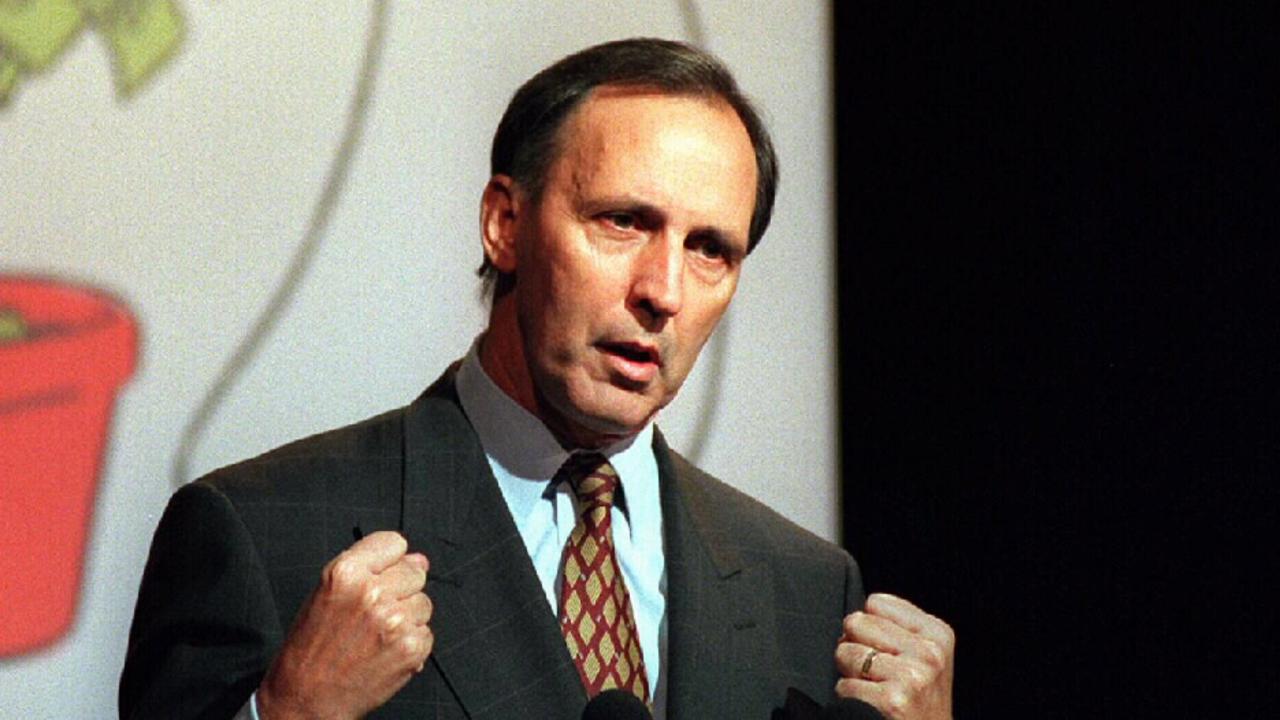Politics, economics perpetuate mental health system failure

It’s sad but clear evidence of a system that is not designed to help those most in need. This doesn’t happen with other health conditions, such as cancer.
Mind Australia commends The Australian on the series. Significant mental health challenges are something people rarely want to hear or publish.
So it’s important. And it’s timely, too. Christmas and the holiday period should be full of joy, relaxation, time spent with friends and family. But we know that networks and support are what people with significant mental health challenges usually lack.
A wise person once said to me that significant mental health challenges don’t discriminate on the basis of wealth or poverty – but they sure as hell do make you disadvantaged as a result. That disadvantage cuts in many directions: personal, social, financial. The maddening thing is, we know what works and we know what doesn’t. We know how imbalanced the system is to acute, emergency responses.
And, while it’s certainly hard to get enough funding for prevention anywhere in the health system, we don’t ignore prevention and early intervention – and let’s be honest, let their absence completely derail your life – to the same extent as we do with mental health.
People simply can’t get the help they need, when and where they need it, earlier and closer to home.

What do we know about getting them this help?
We’ve got years of evidence about the importance of early intervention. And we know community-based and lived experience-led models of recovery, care and support work – and they’re what people want.
There are green shoots for this shift nationally.
The Royal Commission into Victoria’s Mental Health System set out a clear plan for a shift to a community-based mental health model. The Victorian government made great strides towards this, which should be celebrated. But budget pressures now threaten that progress.
On the other side of the country, the Western Australian Mental Health Commission recently consulted on its Mental Health and Alcohol and Other Drugs Strategy 2025-2030. The discussion paper centred on the importance of “investing in prevention and community-based services” as a means of “balancing the system” away from acute hospital services.
This is absolutely right. But public and community mental health services the nation over are feeling the strain of tight budgets. That strain risks losing gains already made. Strategies only go so far when the rubber hits the road.
What else do we know? We know about the transformative potential of lived experience-led and lived experience-centred models of mental health service delivery. People seeking help with their mental health want to be greeted by peers who understand what they’re going through – not security guards with restraints.
Mind Australia’s experience running non-clinical, peer-led crisis and after-care (after suicidal crisis) support services emphasises the critical nature of such alternative models of mental health service delivery.
And we know that stable housing is an absolute game-changer for many people experiencing severe mental health challenges. In the midst of a housing crisis, housing with support can help people rebuild lives often touched by homelessness, trauma, instability or incarceration.
We saw this in the wonderful recovery story of Sheree Barton in The Australian, in supported housing provided by my organisation Mind Australia’s subsidiary, The Haven Foundation.
At Mind Australia, and throughout the community-managed mental health sector, we see the impact of such initiatives all the time. People’s lives being transformed by human-centred support that meets them where they are, puts some support around them, then trusts them to get better on their own terms. This is an approach that accepts the dignity of risk for our service users.

We know all of this. So why doesn’t change just stick? Why is prevention so hard, why doesn’t the funding always follow the evidence? On one level it’s because everyone in the system is stretched and doing their best with what they’ve got.
At the same time, reform efforts stagnate as political attention moves on. Initial change happens around the edges but takes longer to shift the dial at the centre.
Multiple health and social welfare systems are involved. Hospitals are big and important institutions, and they get prioritised over community initiatives when the going gets tough and governments run out of money. Standard models of clinical practice win out.
But let’s be honest, when you’re in a mental health crisis, no one wants to end up in the hospital emergency department. The problem is, there aren’t enough alternatives yet. We know they’re important. It’s time to get on with funding them properly.
Otherwise, we’re left with a system we can all agree is failing people. And, while I don’t want to reduce human suffering to dollars, it’s also costing federal and state governments billions, in direct and indirect costs.
Our prisons and our hospitals are full of people who need mental health support – and needed it much earlier in their lives. Those who need help are locked away instead.
Our nation committed to deinstitutionalisation of “asylums” from the 1960s. But today, deinstitutionalisation of mental health is an unfulfilled promise. And the re-institutionalisation – by default – of some of the nation’s most vulnerable people is a national shame.
Gill Callister is chief executive of Mind Australia.





The Australian’s recent series on mental health has documented some shocking stories, on a human and a policy level, from our failing approach to mental health in Australia.